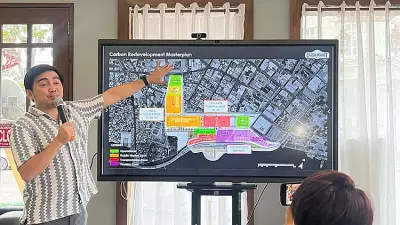
The Bureau of Internal Revenue (BIR) has introduced significant changes to how previously tax-exempt vehicles are treated when ownership changes hands. This major policy update affects vehicles originally granted tax exemptions that are now being transferred to new owners.
What's Changing in Vehicle Taxation?
The BIR recently issued Revenue Memorandum Order (RMO) No. 32-2024, which revises the tax treatment for vehicles that initially entered the country duty-free. This comprehensive update replaces the previous guidelines under RMO No. 12-2013, creating clearer rules for both government and private sector transactions.
Which Vehicles Are Affected?
The new regulations cover several categories of previously exempt vehicles:
- Government-owned or controlled corporation vehicles
- Diplomatic and consular mission vehicles
- International organization vehicles
- Other specially privileged entities' vehicles
Key Tax Implications
When these previously tax-exempt vehicles are sold or transferred to non-exempt entities or individuals, they become subject to specific tax requirements:
Documentary Stamp Tax Requirements
The BIR mandates that Documentary Stamp Tax must be paid on the deed of sale or transfer document. This tax is calculated based on the gross selling price or the fair market value of the vehicle, whichever amount is higher.
Donation Tax Considerations
For vehicles transferred through donation, the donor's tax applies. The tax rate is set at 6% of the net gift value, calculated according to the vehicle's fair market value at the time of the donation.
Valuation Process
The BIR has established clear guidelines for determining vehicle values. The fair market value will be assessed using the manufacturer's or distributor's suggested retail price, or through the Bureau of Customs' valuation rules, ensuring consistent and fair tax assessments across all transactions.
Why This Matters for Filipino Taxpayers
This regulatory update aims to create a more transparent and equitable tax system. By clarifying the tax obligations for transferred exempt vehicles, the BIR ensures that all parties understand their responsibilities and that the government collects appropriate revenues from these transactions.
The new guidelines take effect immediately, providing taxpayers with updated procedures for handling vehicle transfers that were previously exempt from certain tax obligations.





